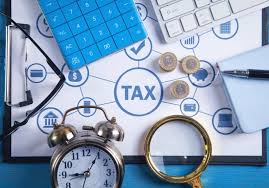- Expertise in Thai Tax Law: Ensure the specialist has a deep understanding of Thailand’s Revenue Code, including VAT, corporate income tax, personal income tax, withholding tax, and any industry-specific taxes.
- Experience with Cross-Border Taxation: If you have international dealings, find a specialist familiar with double taxation treaties, transfer pricing, and other international tax issues relevant to Thailand.
- Certification and Credentials: Look for specialists with certifications such as Certified Public Accountant (CPA) in Thailand or those affiliated with reputable professional bodies like the Thai Federation of Accounting Professions (TFAC).
- Industry-Specific Knowledge: Tax regulations may vary across different industries in Thailand, so it’s crucial to find someone with experience in your specific sector.
- Language Skills: If you don’t speak Thai, ensure the specialist is proficient in English or your preferred language to facilitate clear communication.
- Reputation and Client Reviews: Look for reviews or testimonials from previous clients, or request references from businesses similar to yours to gauge the specialist’s reliability and performance.
- Up-to-date Knowledge: Thai tax regulations can change frequently. Ensure the specialist keeps up with recent changes in tax laws and government policies.
- Cost and Billing Structure: Make sure the fees and billing methods (hourly, retainer, etc.) are clear from the start and within your budget.
- Audit Support and Representation: If there’s a potential for audits, it’s useful to have a tax specialist who can provide support and representation during tax inspections by the Thai Revenue Department.
By focusing on these criteria, you can find that we are Thai taxation specialists suited to your business needs.
Get in touch today




